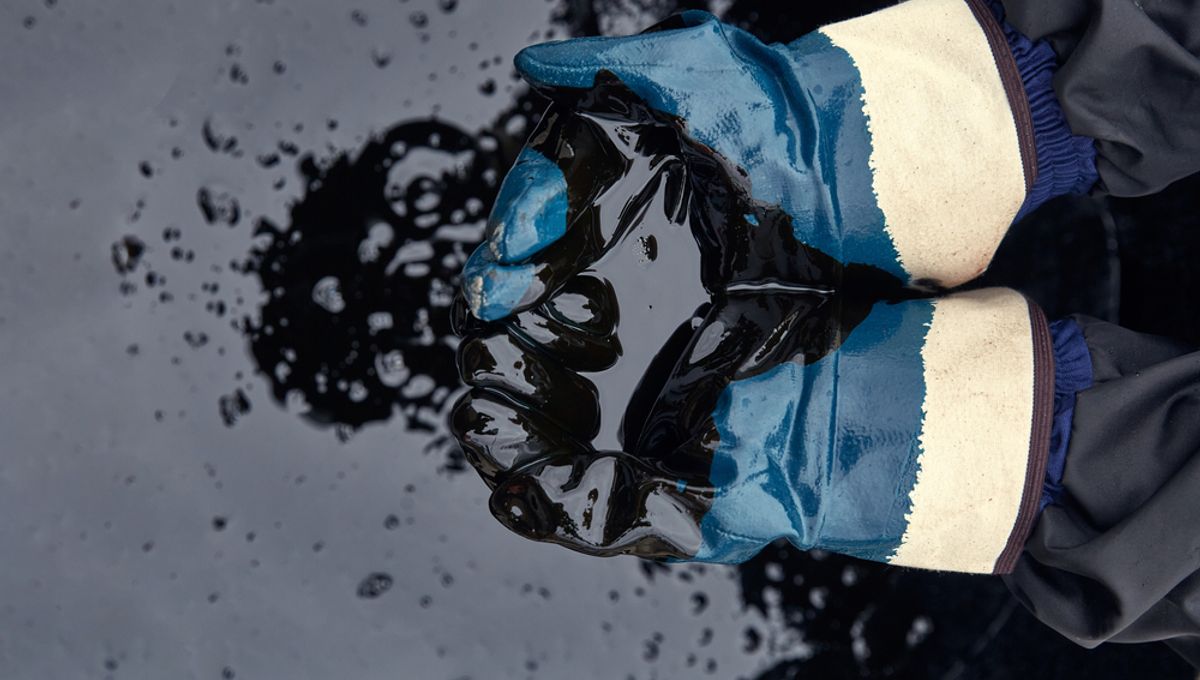
You’ve probably been told at some point that oil is made from dinosaurs, thinking that when you are at a gas station you are pumping refined velociraptor directly into your Volvo. As widespread as the belief is, it’s not true. Oil is not made from the decomposed bodies of ancient dinosaurs.
“For some strange reason, the idea that oil comes from dinosaurs has stuck with many people,” geologist Reidar Müller from the University of Oslo explained to Science Norway. “But oil comes from trillions of tiny algae and plankton.”
As algae and plankton died tens to hundreds of millions of years ago, they sank to the bottom of the sea, where they accumulated and were buried by layers and layers of sediment. Eventually, after millions of years in a high-pressure and low-oxygen environment, the algae and plankton got “cooked” and turned into that sticky black oil we humans apparently can’t get enough of despite the threat of a climate emergency. From here, it seeps upwards until it hits rock it can’t make it through, requiring humans to drill it out (or some other natural disaster to set it free again).
While marine dinosaurs – or a T. Rex that discovered its arms weren’t particularly well-adapted to swimming – may find themselves on the bottom of the ocean after death, it’s unlikely they would get converted into oil themselves.
This is partly because an oxygen-deprived environment is needed to convert organic matter into oil. Once dead, they would have become a meal for smaller aquatic creatures, picking them apart until they got down to the bones, long before they could be buried.
Now to explain why, “if dinosaurs actually existed”, their bones aren’t everywhere.
Source Link: Where Does Oil Come From? Because It Isn't Dinosaurs